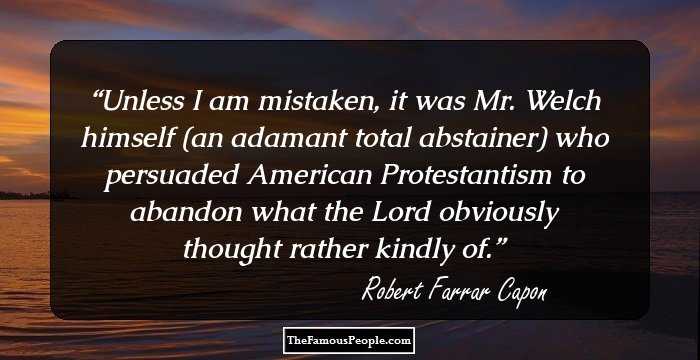


It is in the light of such passages as these that the parable of the Sower needs to be seen.

They are not results of, or rewards for, our frantic efforts to make ourselves right rather, they are the very rightness for which our nature was made, bestowed upon us as a free gift. The fruits of the Spirit, however – those results that are not manufactured by our plausible and deliberate efforts but simply allowed to grow unimpeded under the guidance of the Spirit who takes what is the Word’s and shows it to us – are, every one of them, truly human traits: love, joy, peace, longsuffering, gentleness, goodness, faith, meekness, temperance. They are a grim shelf-ful of products, hazardous not only to our health but also to our education and welfare: among other things, they include fornication, witchcraft, strife, envy, and murder. The works are a list of disastrous character traits that the apostle says result from our trying to achieve the fullness of life in our own way: that is, according to the flesh (not just the body, please note, but the entire range of human responses – be they physical, mental, or even spiritual – that proceed from our inveterately right-handed wrongheadedness). The other passage that reinforces the lesson about response in the parable of the Sower is the famous one of Galatians 5:16-26 in which Paul distinguishes between the works of the flesh and the fruits of the Spirit. In other words, the response most needed is that of simply abiding in the power of the Word himself – which means, in terms of the Sower, neither putting obstacles in the way of the seed nor involving ourselves in the search for other, more plausible responses to it. The point he makes is complementary to the parable of the Sower: as the branch is not able to bear fruit unless it remains in the vine, so they cannot bear fruit unless they remain in him. The first is the discourse in which Jesus calls himself the true vine and characterizes his disciples as branches (John 15). The concordance citations are too numerous to list here, but two in particular stand out. A look at the word karpos (fruit) as Jesus and the New Testament writers use it provides insight.


 0 kommentar(er)
0 kommentar(er)
